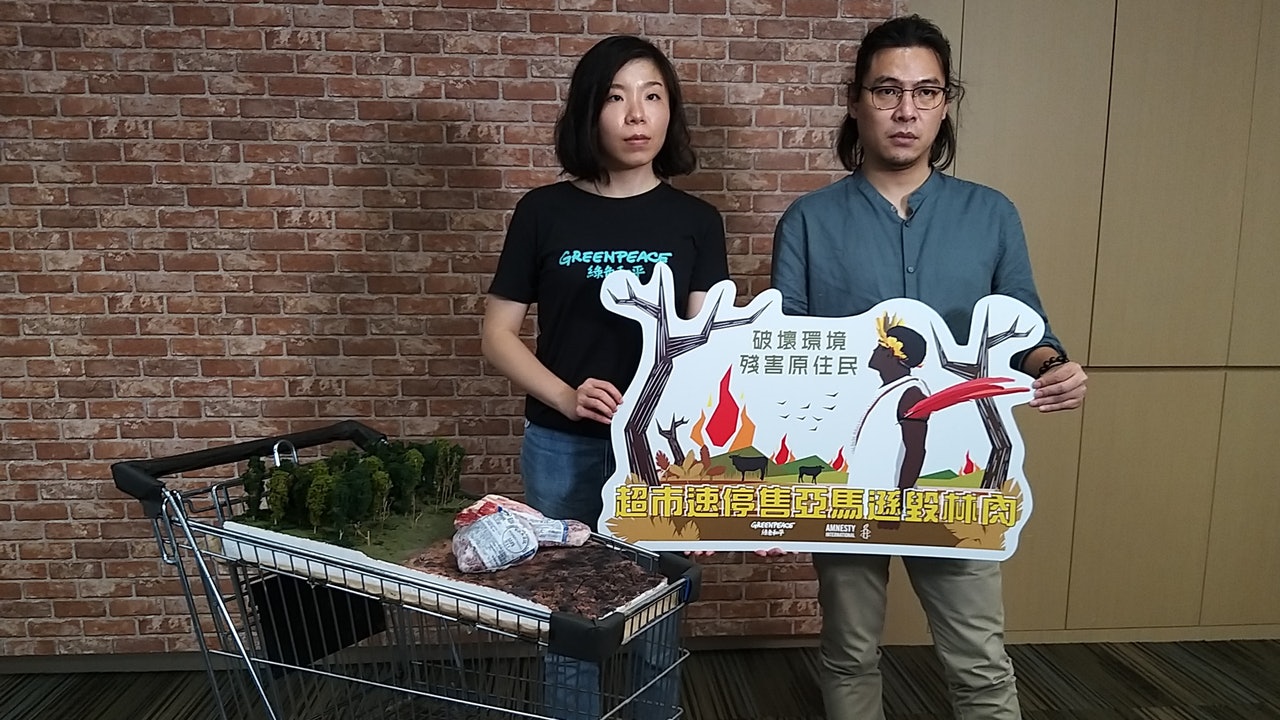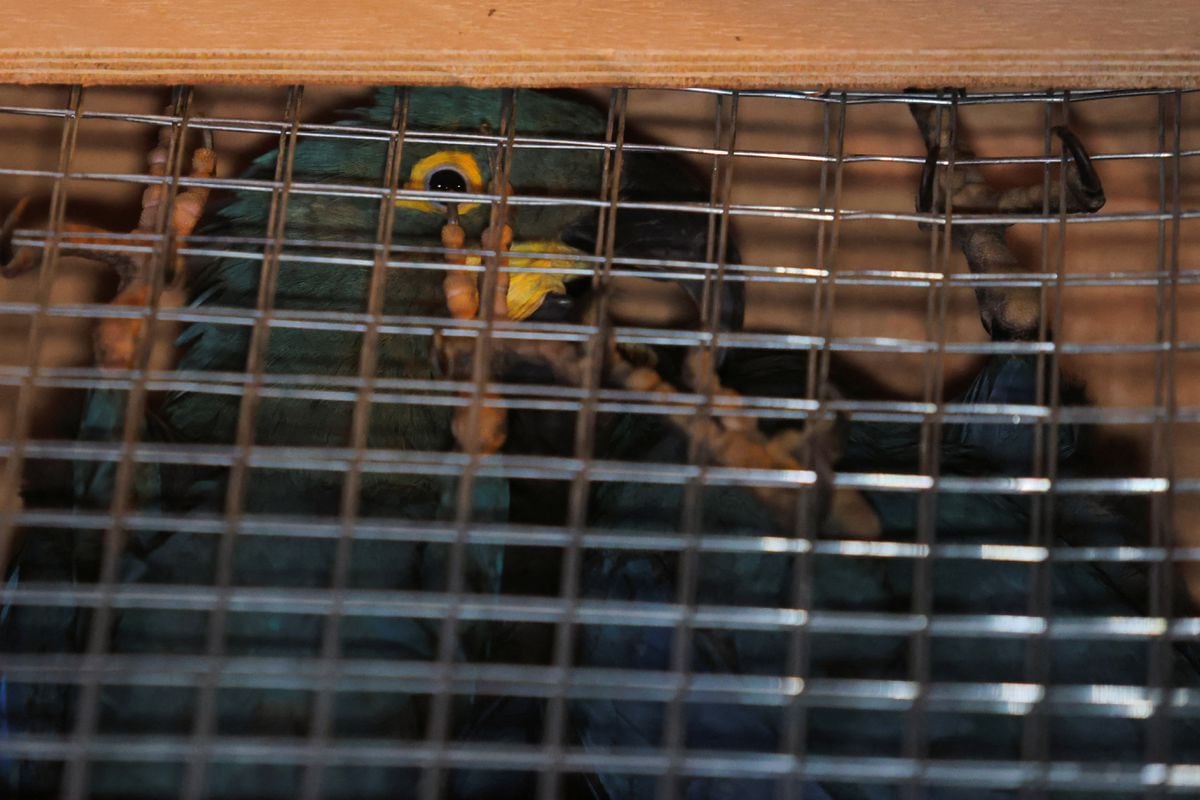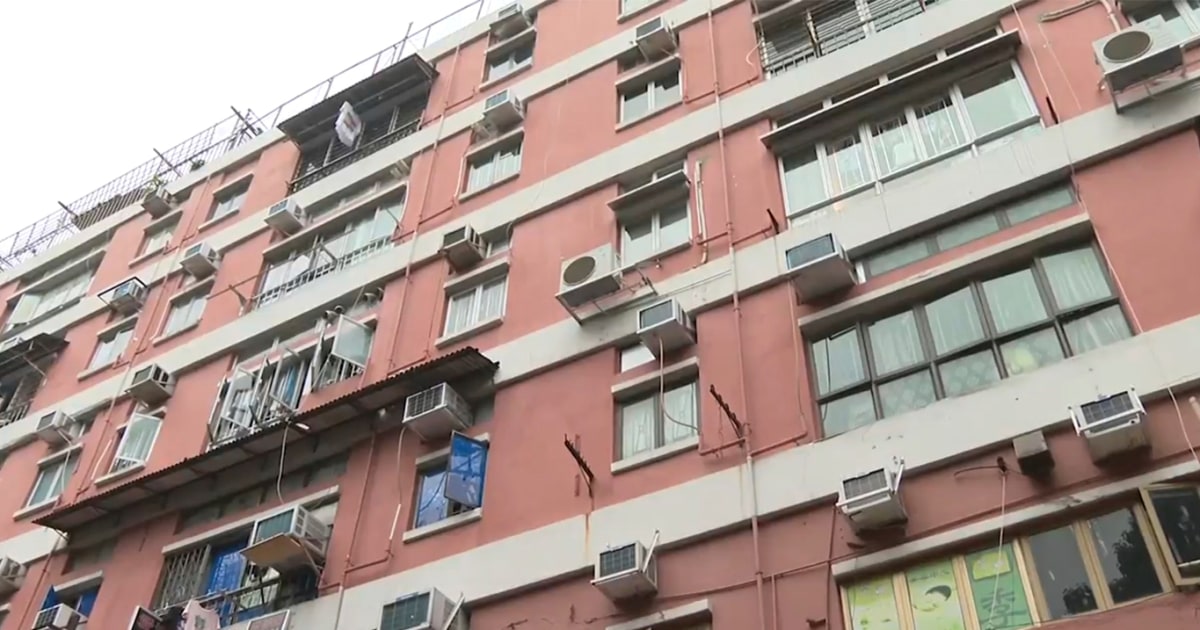Social News
Written by: Huang Yingjin
2020-11-23 00:00
Last update date: 2020-11-23 00:00
The serious illegal deforestation of the Amazon rainforest has exacerbated the global climate crisis.
Earlier there was evidence that illegal commercial grazing was the main economic incentive for deforestation activities.
Amnesty International and Greenpeace pointed out that Hong Kong is one of the main exporters of Brazilian beef. Meat produced by commercial grazing suspected of illegal deforestation has flowed into local supermarkets.
The group called on major supermarkets in Hong Kong to immediately investigate their beef product supply chains and stop buying beef from JBS, a beef supplier suspected of deforestation activities.
Illegal deforestation for cattle farming beef export to Hong Kong
Amnesty International has surveyed three protected areas in the Brazilian state of Rondônia (Uru-Eu-Wau-Wau Indigenous Territory, Rio Jacy-Paraná Sanctuary, Rio Ouro Preto Sanctuary) and found that all three have been found, and some people have recently been illegal Occupying land for illegal commercial animal husbandry, and even aboriginal people have reported death threats.
Chen Kechun, director of the Greenpeace project, said that if large-scale deforestation continues, the Amazon will reach an irreversible tipping point within 20 years, until the Amazon becomes a piece of dry soil.
Greenpeace issued a report in August stating that JBS and its subsidiaries, the world’s largest beef producer, are in contact with suppliers of illegal deforestation and illegal ranching in the Amazon Forest Reserve. "Deforestation meat" is sold to consumers.
Hong Kong is one of the main exporters of Brazilian beef. From August 2019 to July 2020, the Maraba slaughterhouse of JBS exported 4,206 metric tons of beef to Hong Kong, accounting for nearly 40% (38.2%) of the slaughterhouse’s global exports. Ranked second.
It can be seen that meat products suspected of being produced through deforestation are very likely to flow into the Hong Kong market.
Greenpeace stated that there is evidence that JBS and its subsidiaries are in contact with suppliers of illegal deforestation and illegal ranching in the Amazon Forest Reserve to sell deforested meat to consumers in the form of "washing black cattle".
(Photo by Huang Yingjin)
Jiabao's suspected purchase of deforested meat did not respond to Amnesty International's call for thorough investigation of the supply chain
In August of this year, Greenpeace visited many local supermarkets such as ParknShop, Wellcome, Dachang, Jiabao, and Yada, and found 9 Jiabao branches in 7 districts including North District, East District, and Yau Tsim Mong. The beef products produced by companies involved in deforestation, while meat products in other supermarkets only show that the beef comes from Brazil, without mentioning the importer and other further information, and it has not been confirmed whether it is related to the deforestation supply chain.
Since mid-August, Greenpeace has written to major supermarkets regarding beef suppliers. Among them, City'super, Marks & Spencer, AEON, Yada and China Resources have all responded that they have not or rarely sold Brazilian meat; Pokka responded that At that time, JBS meat products were sold, but they promised to switch to other suppliers after the stocks were sold out. As for the three supermarkets of Wellcome, Jiabao and Dachang, there has been no response so far.
"Hong Kong 01" is also inquiring about the incident with the above three supermarkets.
Amnesty International and Greenpeace urge local supermarkets to investigate the product supply chain to ensure that the beef products sold are not related to deforestation in the Amazon Forest Reserve.
Cai Jiamin, senior project director of the Hong Kong branch of Amnesty International, called on local supermarkets to stop buying beef products from JBS if JBS has not implemented effective measures to monitor beef suppliers before the end of this year.
01News
Greenpeace International Amnesty Beef Brazil







